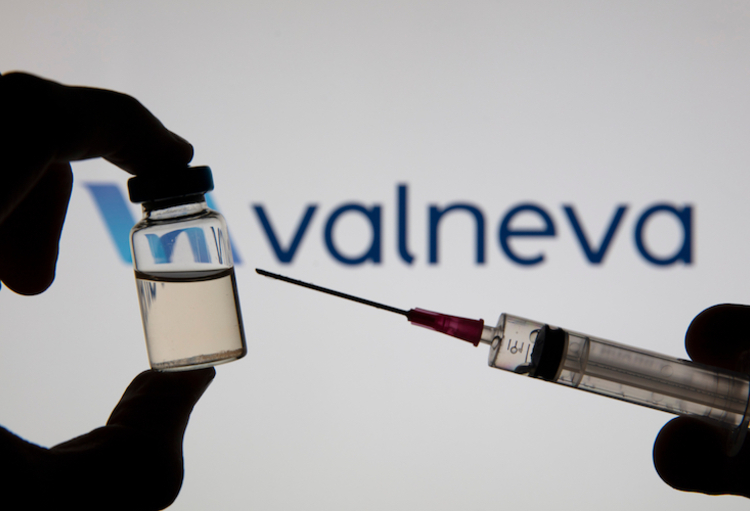On Thursday, the European Medicines Agency (EMA) gave the green light to grant marketing authorisation to the Covid-19 vaccine developed by the French pharmaceutical company Valneva.
The Agency has been studying the vaccine, officially named VLA2001, since December, and has now approved it for use in the primary vaccination of adults up to 50 years old. The vaccine is administered in two doses, four weeks apart, and is expected to enable the body to protect itself against infection with the virus.
The vaccine can be stored at normal refrigerator temperatures, which facilitates its use. Valneva contains inactivated (killed) whole particles of the original strain of SARS-CoV-2 that cannot cause disease.
Related News
- New Omicron sub-variant now dominant in Belgium: What does this mean?
- More than 1,000 Covid-19 patients in hospital
- People infected with Omicron have less risk of Long Covid, says study
However, EMA added that there are limited data on the immunogenicity of the new vaccine against Variants Of Concern (VOC), including Omicron subvariants which are currently the dominant strains in many EU countries.
So far, the EU has approved five Covid-19 vaccines (Pfizer, Moderna, AstraZeneca, Johnson & Johnson and Novavax), and Valneva's will likely become the sixth. In April, the vaccine was already approved for use in the United Kingdom.
The European Commission has yet to approve the vaccine, but has already reached an agreement with the company to supply up to 60 million doses over two years, of which more than 24 million will be delivered this year.

